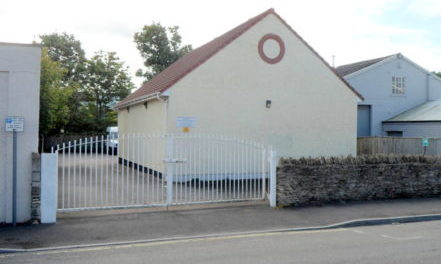
Brethren
Londoner John Nelson Darby (1800-82) decided he wanted a purer version of Protestantism than was being practised by the Established Church and so joined a small group that had its first meeting in Plymouth in 1831, hence the name ‘Plymouth Brethren’. They saw the world as wicked, necessitating the Second Coming of Christ, at which time true believers would be rushed up to heavenly safety.
By 1848 there were profound disagreements between them and the Brethren split into the Open and Exclusive branches. Exclusive Brethren have gained a negative reputation since they have nothing to do with outsiders, to the extent that they will not eat with them or live next-door to them. They do not own TVs, radios or music-players and do not use the internet. People who leave are barred for life, even from their families. This is justified by their literal interpretation of the Bible.
While there are only a few thousand Exclusives, there are perhaps 50,000 followers of the more progressive Open Brethren in the UK. Unlike the Exclusives, they now allow full-time pastors, although any man (not woman) can preach. The Lord’s Supper is a main focus of Brethren meetings and the family is the focus of Brethren life.
(Image of Brethren meeting unit in Wiltshire: Jaggery at geograph.org.uk / CC BY-SA 2.0)
